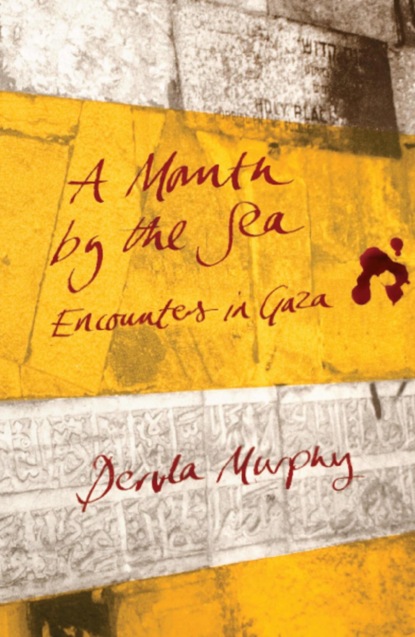Objętość 320 stron
0+
O książce
Over the summer of 2011, Dervla Murphy spent a month in the Gaza Strip. She met liberals and Islamists, Hamas and Fatah supporters, rich and poor. Through reported conversations she creates a vivid picture of life in this coastal fragment of self-governing Palestine. Bombed and cut-off from normal contact with the rest of the world, life in Gaza is beset with structural, medical and mental health problems, yet it is also bursting with political engagement and underwritten by an intense enjoyment of family life. During her month by the sea, Dervla develops an acute eye for the way in which isolation has shaped this society. Time and again she meets men who have returned to the Strip as an act of presence. Yet the mosque is often their only daily activity, as difficulties obtaining supplies mean few opportunities for creative work. This acts as a recruiting sergeant for the Islamist Qassam brigades and a pressure cooker for the creation of domestic tyrants. In this situation, Dervla becomes a shameless supporter of women's rights -acting as agony aunt and feminist mentor by turn. The ironies of Western and Israeli attitudes to the Strip are ever present: most notably the championing of democracy yet the refusal to recognize the legitimacy of Hamas; and the way in which violent attempts to eradicate terrorism breathe life into the very monster they aspire to destroy. Even so, there is a still, small note of hope. For underlying the book is Dervla's determination to try to understand how Arab Palestinians and Israeli Jews might forge a solution and ultimately live in peace.
